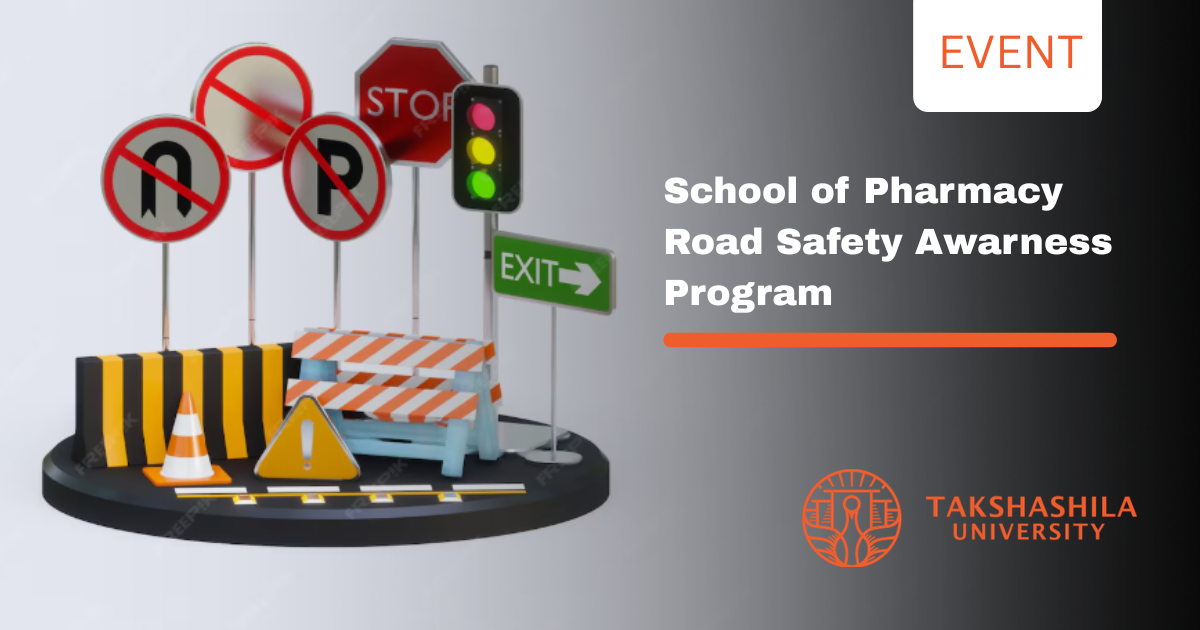Are you a 12th-passed-out student looking to join Engineering? We are sure you will be confused between choosing BE and BTech. Wait, are both not the same? No, they are not! Both programmes have their own approach and emphasis. Then, which one to pick between the two? Well, you need not baffle anymore.
In this blog, we have summarised BE Vs BTech, which leaves you with the utmost clarity. Upon considering your interests, career aspirations and skillset, you can choose the one that suits you.
Overview Of Engineering Courses
Engineering courses provide an extensive education in engineering principles, technical skills, and problem-solving abilities. These programmes equip students with the knowledge and competencies necessary to contribute to the growth of technology in almost all fields.
Engineering graduates work in industries including Aerospace and Defense, Automotive, Civil and Construction, Consulting Services, Energy and Utilities, Manufacturing and Industrial, Pharmaceutical and Biotechnology, Research and Development, Telecommunications and more.
Since engineering is an evergreen field, there is always a high demand for it. Ignite your dream of becoming an engineer with Takshashila University by enrolling in a BTech course of your choice from a range of programmes offered.
Key Differences Between BE vs BTech
The detailed explanations provide a comprehensive understanding of BE Vs BTech, including their focus, curriculum, approach, and more.
| Factors | BE | BTech |
|---|---|---|
| Emphasis | A Bachelor of Engineering emphasises the theoretical aspects of engineering principles, concepts and disciplines. | A Bachelor of Technology emphasises the practical application of engineering knowledge and skills to real-world technological problems and challenges. |
| Focus | A Bachelor of Engineering focuses on the core engineering principles and concepts. | A Bachelor of Technology focuses on technology-oriented subjects |
| Range of Disciplines | A Bachelor of Engineering offers a broad range of programs for students. It allows students to develop a comprehensive understanding of multiple disciplines. | A Bachelor of Technology provides a specialised technology-oriented program focusing on specific domains or industries. It will enable students to get in-depth knowledge and skills in a particular technology field. |
| Core Subjects | A Bachelor of Engineering includes foundational engineering courses such as – Mechanics – Thermodynamics – Electrical Circuit – Structural Analysis – Fluid Mechanics – Engineering Mathematics | A Bachelor of Technology have technology-oriented domains such as – Computer programming – Data Structures – Algorithms – Computer Networks – Telecommunications – Software Engineering |
| Curriculum Style | The curriculum of the Bachelor of Engineering degree is more traditional. It includes a balance of theoretical knowledge and practical applications. | The curriculum of the Bachelor of Technology degree is more modern and industry-oriented. It emphasises hands-on learning and often includes industry-relevant projects and assignments. |
| Student Interest | Students interested in research and development can opt for a Bachelor in Engineering. | Students interested in technical applications and innovation can opt for a Bachelor in Technology. |
| Future Prospects | For those who want to pursue advanced studies or work in engineering-related academic or scientific fields, BE is the best. | BTech is the best for those who want to work in technology-driven industries and contribute to technological advancements. |
| Offered by | All institutes that provide engineering education offer Bachelor of Engineering programmes. | Institutes focusing on technology and technological advancements offer Bachelor of Technology programmes. |
| Internship opportunities | Students gain hands-on exposure to real-world engineering projects. | Students indulge in industry-relevant projects and gain industry-specific skills. |
| Approach | A Bachelor of Engineering coursework includes lectures, laboratory sessions, and theoretical examinations. | A Bachelor of Technology coursework includes practical exercises, industry collaborations, etc. |
| Skills Developed | The skills developed in the BE courses include analytical thinking, research skills and technical knowledge. | The skills developed in the BTech courses include programming skills, software development, data analysis, and technology applications. |
Similarities Between BE And BTech
Despite significant differences between BE Vs BTech, there are also some similarities! The faculties of Takshashila University list a few for
- Duration: BE and BTech are 4-year undergraduate degree programmes.
- Foundation: BE and BTech require a strong foundation in mathematics and science.
- Professional Accreditation: BE and BTech programmes are eligible for professional accreditation by engineering bodies or organisations.
- Eligibility Criteria: Both BE and BTech have the same eligibility criteria.
- A pass in class 12th with a minimum percentage of scores (differs from one university to the another) in the science (either PCMB or PCM) stream.
- Entrance Exams: Both BE, and BTech have entrance exams to be cleared. It includes national/state/university-level entrance examinations.
BE Vs BTech: What Should Be Your Pick?
Generally, there is a high demand for engineers in both BE and BTech programmes. The employment growth for engineers is anticipated to grow 8% from 2020 to 2023, according to the Bureau of Labour Statistics (BLS).
In case you are wondering, the increasing necessity for new technologies and products is driving development. Hence, the job market for engineers is solid and ever-evolving. With experience and additional education, engineers of BE vs BTech backgrounds can advance their positions with more responsibilities and higher studies.
For both BE and BTech, the career opportunities are exceptional. And if you want to choose between the two, make an informed decision considering your interests, goals and preferences.
Choose Takshashila University For A Successful Career!
Takshashila University is one of India’s leading educational institutions, offering more than 64 undergraduate, postgraduate, and doctoral studies. Engineering, arts and sciences, agricultural sciences, physiotherapy, allied health sciences, and hotel management are among the departments spread throughout a 150-acre campus.
Takshashila University offers academic and athletic scholarships to students. Its 100% campus placement ensures student employment in prestigious companies such as Wipro, IBM, TCS, Accenture, etc.
Its skilled teachers and excellent management distinguish Takshashila University. They are dedicated to cultivating and empowering tomorrow’s change-makers and leaders. Their hands-on expertise prepares students for real-world employment experiences, shaping them to face professional obstacles.
Begin your remarkable career by enrolling in the BTech programmes at Takshashila University!
Conclusion
Now that you have come to an end, you will have a clear idea about BE and BTech programmes. The dissimilarities and alikeness between the two courses help you make an informed choice based on your interests, career aspirations, and preferred learning outcomes. BE Vs BTech isn’t confusing anymore, right?
Frequently Asked Questions(FAQs)
1. Is BE and BTech the same thing?
No. Both BE, and BTech differ in their program focus and outcomes. BE programmes emphasise engineering disciplines with a theoretical approach, while BTech programmes focus on specific technology domains, prioritising practical applications.
2. Is BTech better than BE?
BTech programmes focus on specialised technology domains and practical applications, preparing students for immediate industry employability. BE programmes offer a solid foundation in engineering disciplines, providing diverse career opportunities. Hence, choosing between BE and Btech depends on individuals’ preferences, career aspirations and industry requirements.
3. Which specialisation is the best in BTech?
Some popular and demanding specialisations include Computer Science and Engineering, Artificial Intelligence (AI), Data Science, Electrical and Electronics Engineering (EEE), Cybersecurity, etc.
4. Which is the best college to pursue a BTech degree?
Takshashila University, located in Thidivanam, is the best college in Tamil Nadu for students to pursue their undergraduate BTech degree since it has highly experienced faculties, high-end resources and an exceptional learning environment. The university aims to create change makers and leaders of tomorrow.
5. Does Takshashila University offer BTech degrees?
Takshashila University offers 10+ undergraduate BTech programmes for students. The specialisations include AI and ML, Full Stack Development, Data Engineering and Business Analytics, Software Product Engineering, Cybersecurity, Information Technology, etc.






